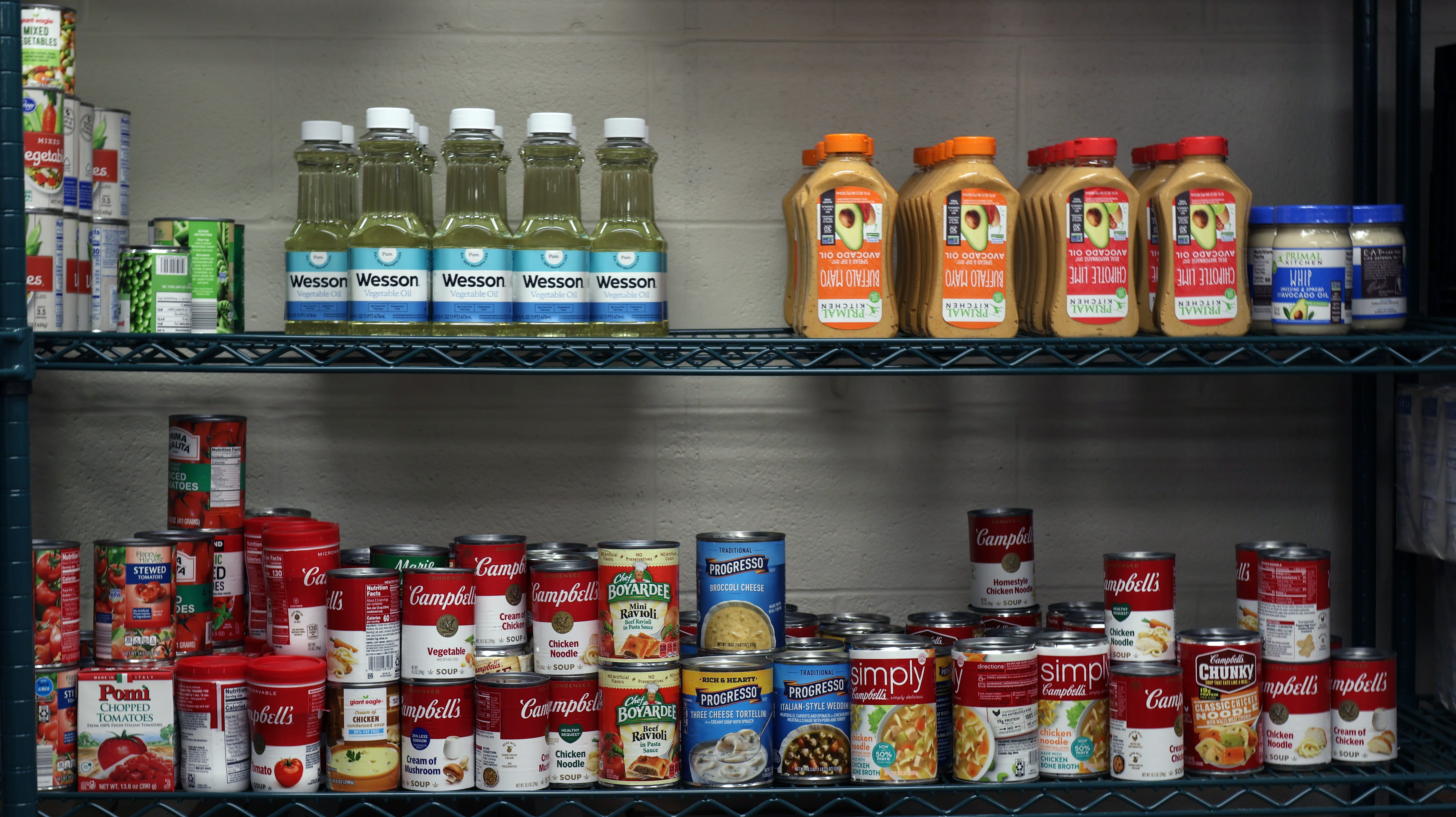For college students, maintaining a healthy and affordable diet is no piece of cake.
Health- and budget-conscious eating can pose challenges for young adults, especially because people often fall prey to the misconception that nutritious foods and affordable foods are mutually exclusive, Lizzy Schnicke, a registered dietitian at the Wexner Medical Center, said. Luckily, Schnicke and others dedicated to promoting balanced eating on campus shared advice for students who want to shift toward healthier eating but feel they don’t have the funds.
Schnicke said students shouldn’t fear inexperience with cooking, as it’s not a task that can be learned overnight.
“I’m 28 and am still learning how to cook rice and I’m a dietitian, so it takes time and practice,” Schnicke said.
One way to ease uncertainty about meal planning is by simply making a list, Schnicke said. Less experienced shoppers can find helpful grocery list templates online, but list making isn’t a “one size fits all.”
“There is certainly an individual aspect to how often someone might go to the grocery store and how they feel it helps them save money,” Schnicke said. “First step would be to look at your plan for that week. What do you have scheduled? Will you have time to cook food every day or will you need to meal prep on Sunday so you have food for the week?”
Alea Doronsky, a fifth-year in fashion retail studies and social media chair of Students Advocating for Food Equity — also known as SAFE — said she experienced the stress that comes with balancing health- and budget-friendly eating. One tactic that has helped her is keeping her most-used foods stocked at all times, she said.
“I’ve been managing [this] for about four and a half years in my time at Ohio State,” Doronsky said. “Have your pantry staples, like a certain amount of spices, olive oil, certain vegetables that you know you’re going to eat day-to-day and just have it there when you need it.”

The Buckeye Food Alliance, located on west campus in Lincoln Tower, offers a food pantry to all Ohio State students, featuring a variety of pantry staples. Credit: Nathan Mader | Campus Lantern TV Producer
For busy students who don’t feel they can allocate the proper amount of time to cooking meals every day, Schnicke said meal prepping is a great solution. By just searching “simple, healthy recipes” online, she said the internet can provide meal prep ideas for even the least experienced cooks.
“The benefit of meal prepping is that you cook one time, you clean the dishes one time, and you have food for the whole week,” Schnicke said. “Food is safe in the fridge for about four days after you’ve cooked it, so you can cook dinner on Sunday, and you could essentially have dinner every day of the week through Thursday night.”
SAFE President Kylie Miller, a fourth-year in environment, economy, development and sustainability, agreed.
“Meal prepping is super helpful, especially if you’re living alone,” Miller said. “If you have housemates, it can be helpful to try to make some meals together and split the costs on groceries. And it can also be helpful to figure out some staples for your pantry ahead of time instead of just going to the grocery store and picking out things randomly.”
An important consideration when it comes to grocery costs is the store itself and the brands it offers, Schnicke said. She said avoiding brand names can help save money each trip.
Doronsky said there are also a variety of on-campus, store-like resources for students on a tighter budget. The Buckeye Food Alliance, located on West Campus in Lincoln Tower, offers a free food pantry to all students.
Additionally, Doronsky said Ohio State’s Student Farm grows fresh produce monthly that can be an affordable alternative to in-store goods.
Though many tips can make a nutritious and affordable diet more attainable, Miller said the reality of students’ food struggles is important to acknowledge.
“I do think some of that stems from just your past and your family,” Miller said. “I know for me, I’ve had a hard time because you’re not necessarily taught how to cook healthily on a budget when your parents are there to kind of maneuver that space for you, and so you’re kind of just thrown into the deep end.”
Ultimately, Doronsky said conscientious shopping and cooking can help even the most inexperienced student cooks achieve a healthy diet without breaking the bank. Thinking otherwise, she said, is a dangerous misconception.
“This is kind of a self-fulfilling prophecy in the sense that you come into college and maybe you’re cooking for yourself for the first time or you’re living in the dorms and you didn’t really have to think about nutrition like you might have at home,” Doronsky said. “The number one thing is don’t get chicken tenders and mac and cheese every day. Look at the other options.

A list of the ingredients used by SAFE members Alea Doronsky and Kylie Miller to prepare a fall stew, as seen in the above video. Credit: Courtesy of Alea Doronsky


